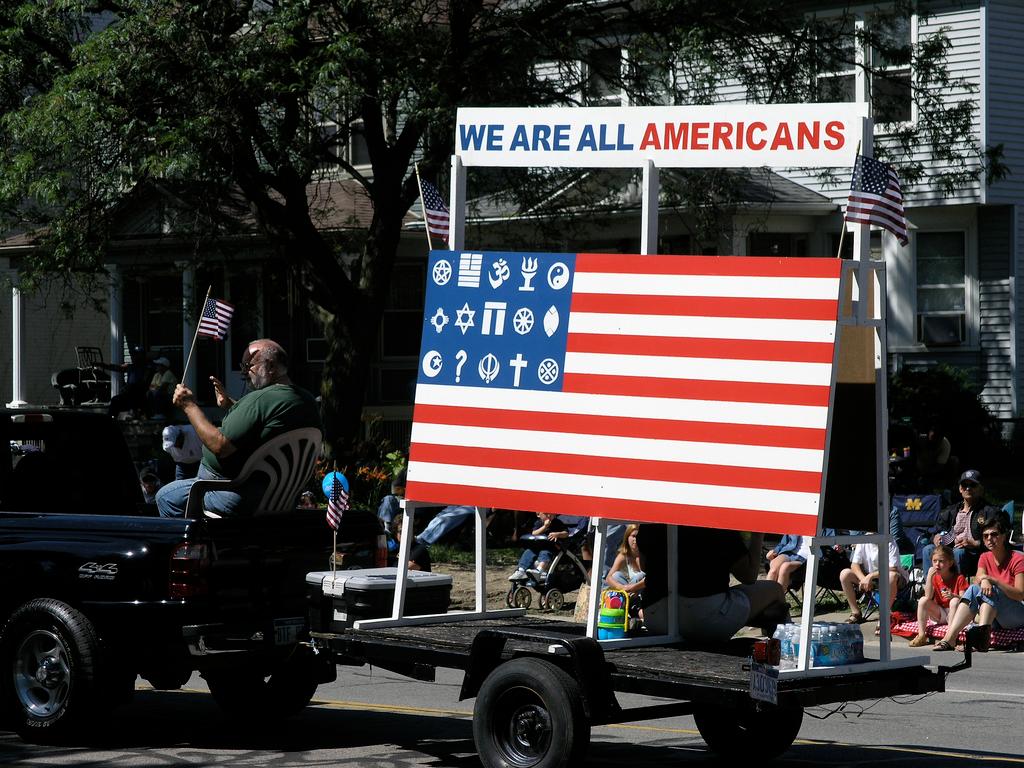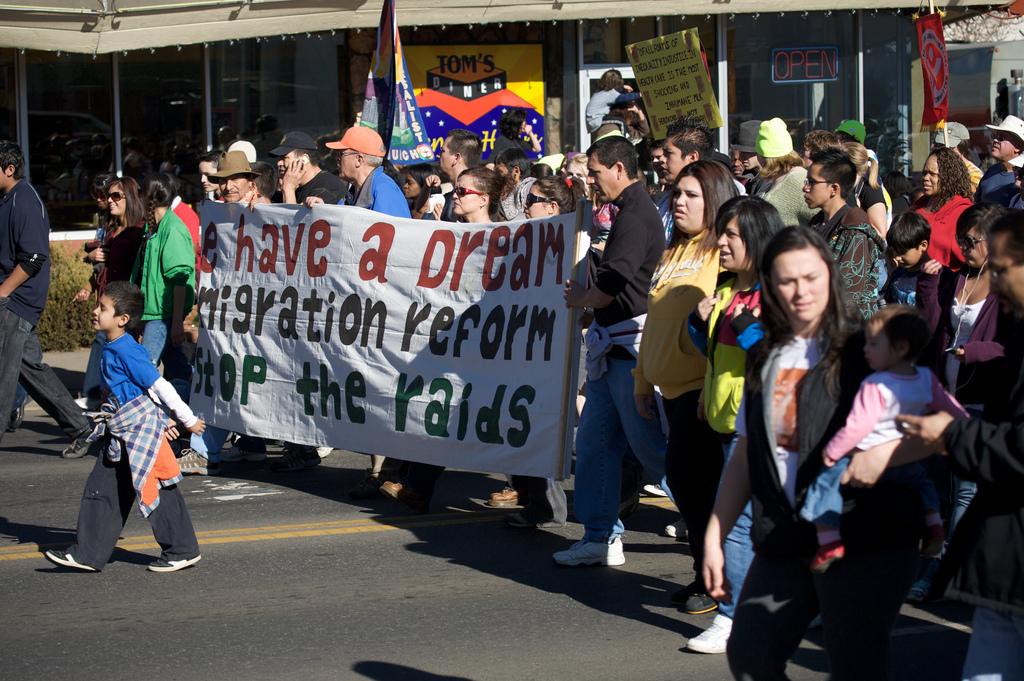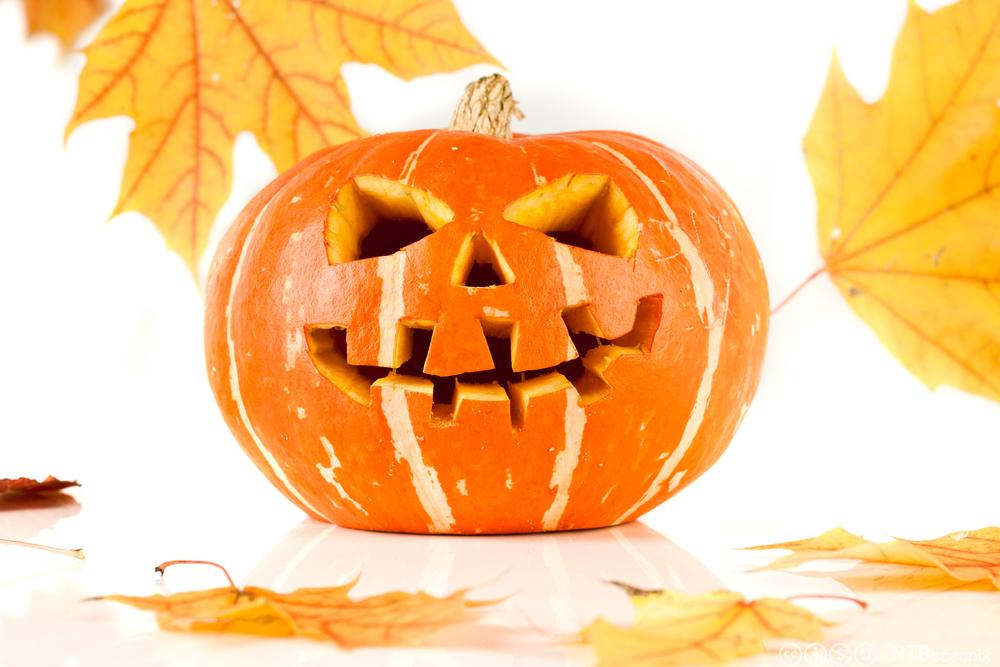National Holidays and Traditions

On the fourth of July, America celebrates its birthday, Independence Day. This day is in remembrance of 1776 when the thirteen colonies declared their independence from Britain. The Declaration was written a year after the start of the American Revolutionary War and marks the beginning of a new nation, the USA.
This day often marks the official start of summer vacation. And what better way to start off the summer than with a good old American barbeque (cook out). Americans light up their grills, throw on the hot dogs and hamburgers and enjoy the afternoon with family and friends. For most, the day begins with attending a local Fourth of July parade and ends with a dazzling fireworks display. As fireworks are illegal in most states, cities and towns organize their own shows for the local community to safely enjoy. It is an evening where people come together, young and old, pull out their blankets and beach chairs and enjoy the happiness of the evening.
Just as July 4th marks the beginning of summer, Labor Day weekend brings it to a close. Labor Day is the first Monday in September. It is a day to recognize workers in America. Unlike other European countries who mark the day with parades, speeches and political demonstrations, Labor Day in the US is celebrated similarly to the Fourth of July with picnics, cook outs, baseball and other outdoor festivities. For most, it is a last chance to enjoy the summer vacation. Most college students start packing their bags and begin their trek back to campuses around the country, while families with school-age children are out shopping for ” back-to-school supplies” in preparation for their first day of school.

Other national holidays that top the list are Thanksgiving, Easter, Christmas and the New Year celebration. National holidays and traditions are also celebrated among the various ethnic groups. To name a few, the Irish celebrate St. Patrick’s Day, the Italians honor various patron saints, the Jewish have Passover, Rash Hashanah, Yom Kippur, and Hannukkah and the Germans recognize Octoberfest as a day of feast.
Other holidays which are more a day of remembrance include Martin Luther King Jr’s birthday (January), Presidents Day (February), Memorial Day (May), to honor those who have died in wars, Columbus Day (October), and Veterans Day (November), formerly called Armistice Day which honors ALL veterans both living and deceased. Many federal and state offices, schools and varied businesses are closed. Local newspapers notify of public closings for the day.

The night between October 31st and November 1st has for centuries been celebrated as the turning point between summer and winter. The old Celts believed that this was when life and death would come together and that the spirits of the dead would come back to haunt the living. To keep the ghosts and spirits at bay they would make sacrifices and place food outside their houses to please them.
So what started out as a superstitious and mystic religious ritual has developed into what we see today when children (and often adults) dress up like monsters and ghosts and knock on doors to “trick or treat”. What they mean is that those in the house have to treat them to some goodies, or else they will play tricks on them. As for costumes, the grim little monsters show no restraint to create the most macabre and morbid effect. Some of them look like they have come straight out of a horror film set. The houses of the friendly neighbourhood have suddenly turned into the set of the same horror movie. They are decorated with ghosts and skulls, witches and slimy cobweb. Hands reach up from the lawn beneath a RIP headstone, and to top it witchy laughter is heard when you ring the doorbell. Halloween has turned into a horror bonanza to which there seems to be no limit.
- How do most Americans celebrate the fourth of July?
- What is Labor Day and how is the celebration different than other European countries?
- Name four other national holidays?
- Name two days of remembrance and which month they occur?